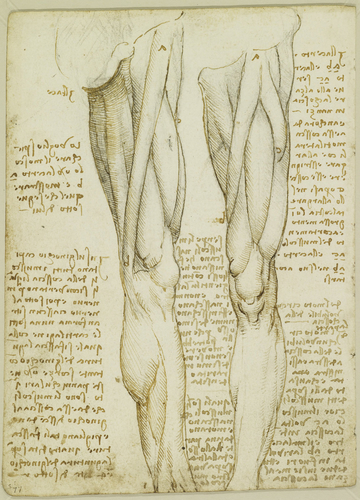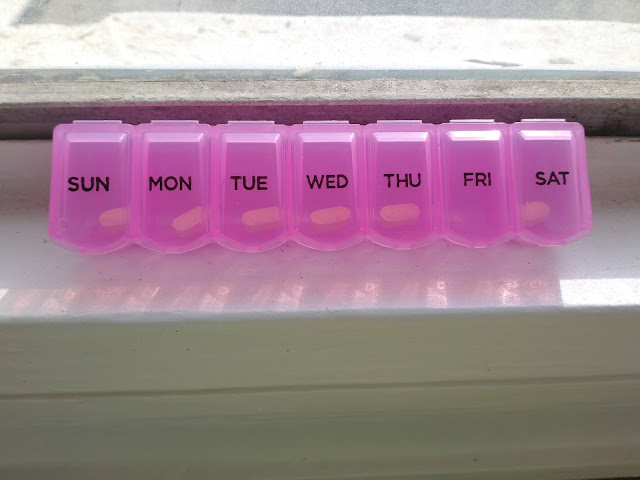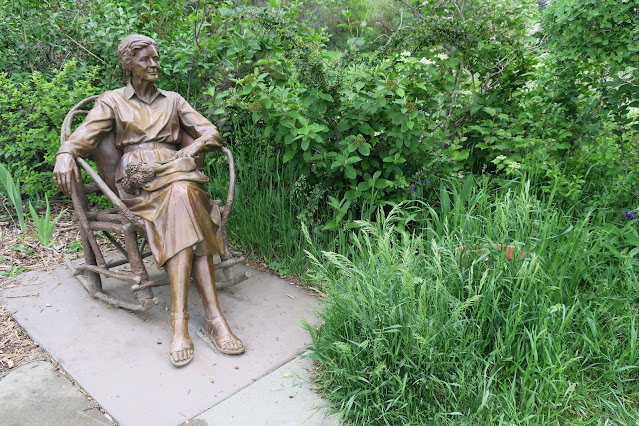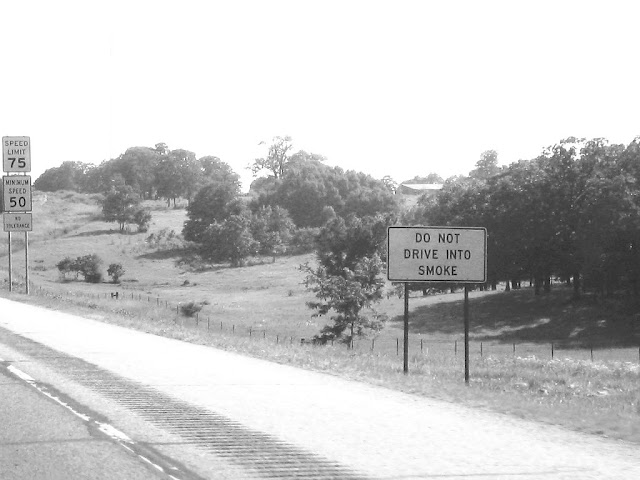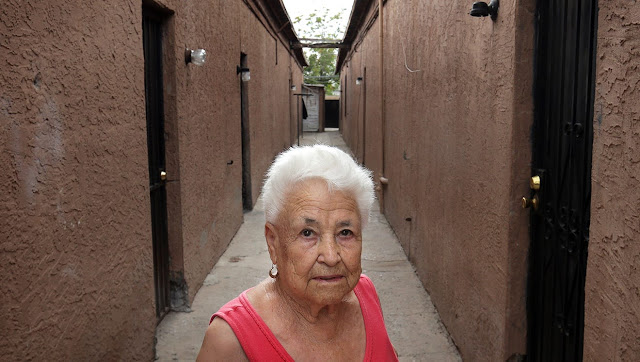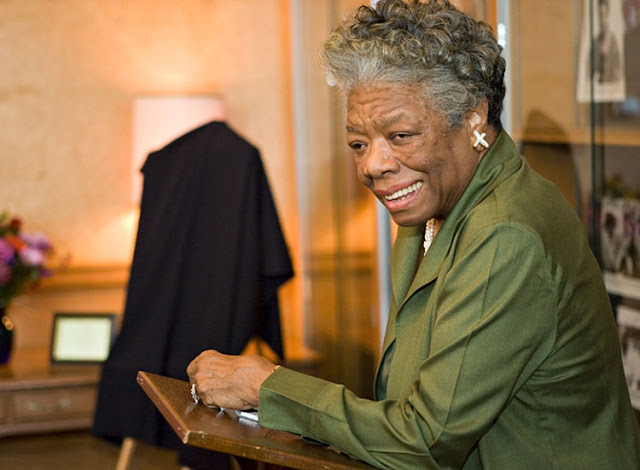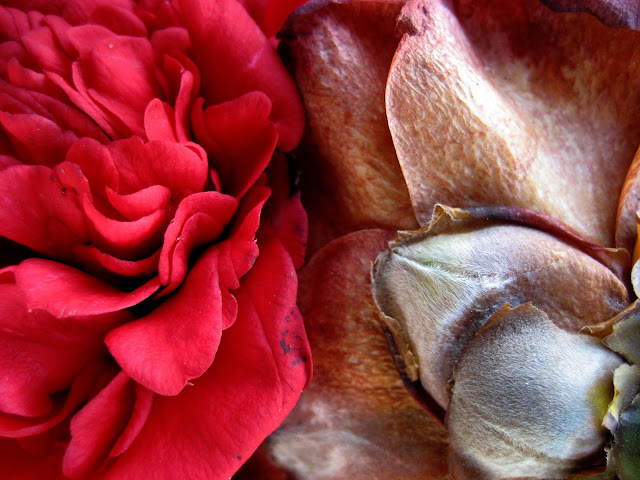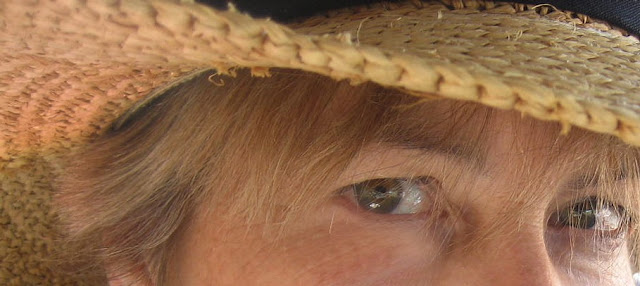 |
| Eyes in Tularosa, New Mexico. May 2013. |
I read this passage in Elderhood by Louise Aronson:
"A sixty-five year old eye admits only one-third the amount of light as a twenty-year old eye .... "
Page 355
What the what?!
Why was this the first I learned about this!?
I've needed vision correction since I was in the 4th grade and I've never had an ophthalmologist or optometrist mention this to me.
So I got to thinking. How does that affect us (you know, the "us" who are 65+) when we drive at night?
I saw some stupidly simple things to do that can help:
7 Tips for Seeing Clearly While Driving at Night
- Clean your windows and mirrors. Historically, I've done a haphazard job of this. And I have paid the price in reduced vision because of the glare on a grimy windshield at night or at sunrise or sunset when the sun stares right into my eyes.
- Dim your dashboard. Never thought of this.
- Use the night setting on your rearview mirror. I typically only do this if the person behind me has their brights on. I'll try to get in the habit of routinely doing so.
- Don't look directly at oncoming headlights. OK, that I already practice.
- Decrease your speed.
- Skip the yellow-tinted glasses. Evidently, they don't work. Instead, wear glasses with a non-reflective coating. I don't think I had heard of these before.
- Schedule an annual eye exam. This would seem to be a no-brainer, right? But incredibly, after my early-onset cataract surgery (wow! cataracts gone! severe nearsightedness gone! astigmatism gone!), I somehow let almost 10 years go by without an eye exam before I got annoyed enough with a vision change that I went in for one. But in the three years since, I've been diligent.
A 2007 New York Times article by Jane Brody, Growing Older, and Adjusting to the Dark, served up good thought food, as well. Some excerpts:
The human eye changes gradually with age, but the changes are critical, as the Harvard Health Letter described in its March 2006 issue.
In dim light or darkness, eyes adapt by widening the pupils to let in as much light as possible. The iris (the colored part of the eye surrounding the pupil) contains tiny muscles that control the size of the pupil. As you get older, these muscles (like most in the body) weaken and do not respond as well to the need to let in more light. The result is a small pupil when you try to see in poor light. It’s as if your eyes were still young but you were wearing sunglasses at night.
There is also evidence that as we age we lose more rods than cones. In the young eye, rods outnumber cones by nine to one in the part of the retina called the macula. But an autopsy study of older adults found that while the cones remained intact, almost a third of the rods in the macula had been lost.
The less responsive muscles in the iris also affect the eye’s ability to adjust when the intensity of light changes, such as when a car with its headlights on approaches and then passes.
Brody also had a list of darktime hacks. Most were the same as the list above, with some surprising new ones:
- Wear sunglasses during the day, before driving at night: "The No. 1 recommendation [from AAA] is to protect your eyes during the day by wearing sunglasses (neutral-gray lenses are best) and a hat with a brim when the sun is shining. Bright sunlight bleaches the photoreceptors and lengthens the time it takes for your eyes to adjust to the dark. While it normally takes half an hour for full adaptation to the dark, being in bright sunlight for two or three hours can delay this adaptation by hours.'The longer you stay in the sun, the worse your night vision gets,' [AAA warned.][Emphasis added.]
- "If you wear glasses, make sure they are clean. Grimy glasses, like a grimy windshield, scatter light. .... Though I don’t legally need glasses to drive, my ophthalmologist suggested I wear them, especially when driving at night, to enhance my distance vision."
And with this I concur wholeheartedly, based on my personal experience:
"If you have cataracts, have them removed sooner rather than later, and see how much brighter the world can be."
My mother had her cataracts removed when she was close to 90. I had mine removed when I was in my 50s. Doing so changed my life. I had almost arrived at the point where I couldn't safely drive at night unless it was on a familiar route close to home. Otherwise, the lights of oncoming traffic blinded me so much I couldn't discern lane markings or the shoulder edges.
References
Lighting Research Center: Lighting the Way: A Key to Independence: Lighting for Older Adults: The Aging Eye
From Human Factors and Aging:Identifying and Compensatingfor Age-related Deficits in Sensory and Cognitive Function, by Frank Schieber (2002):
"The maximum diameter of the pupil declines with advancing adult age (a condition known as senile miosis). Under low light conditions, the resting diameter of the pupil falls from 7 mm at age 20 to approximately 4 mm at 80 years of age (Lowenfeld, 1979).
"[But note this:] Although senile miosis reduces the amount of light reaching the retina, there is reason to suspect that smaller pupil diameters may actually benefit visual performance in older adults in many situations by increasing the contrast of the retinal image (see Sloane, Owlsey & Alvarez, 1988)."

